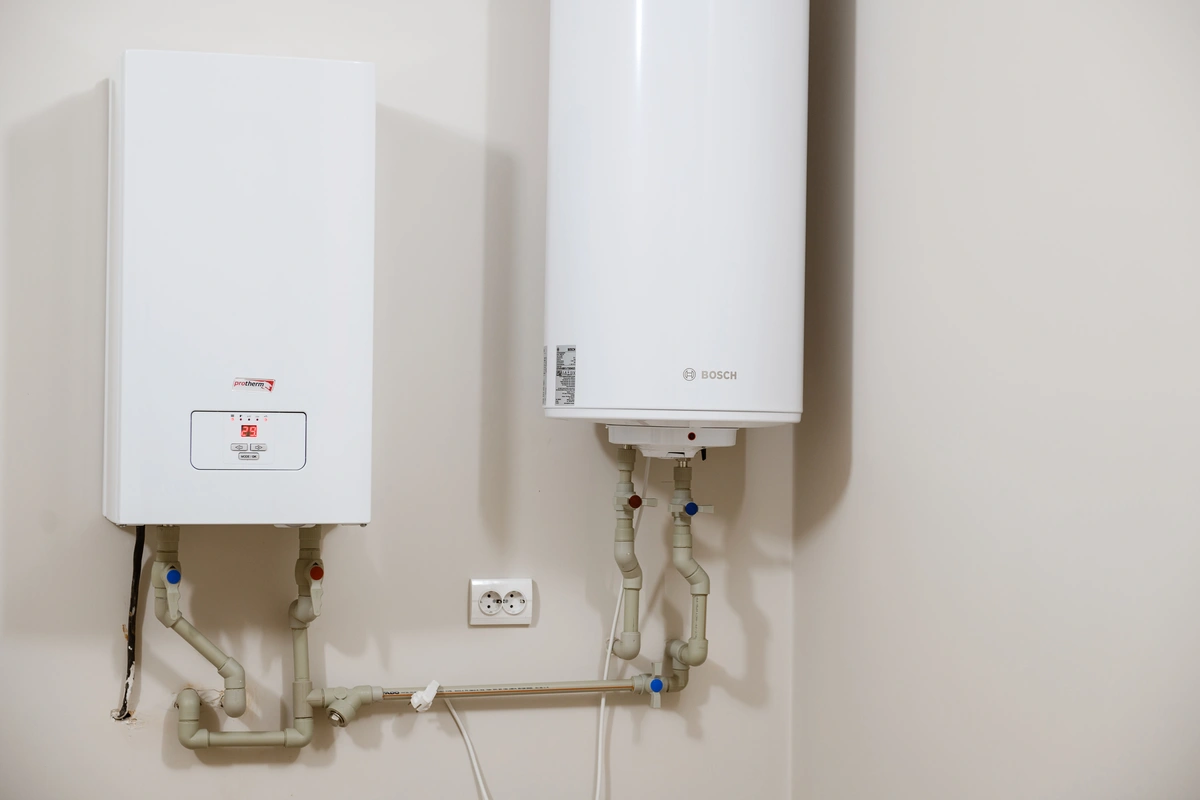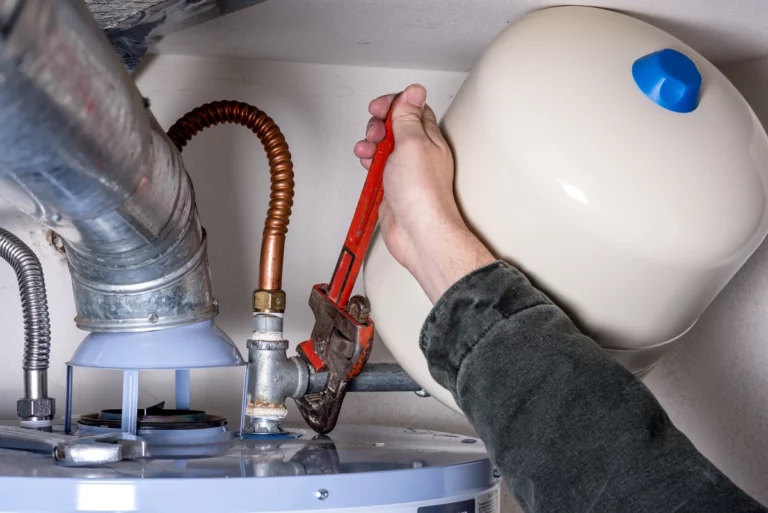When you purchase a commercial property, you are signing up for a ton of responsibility. Some of those responsibilities can be fun; building a business, creating a space for your employees to gather, and connecting with the community. Others? Not so much.
One of those tedious tasks you will likely be faced with at some point or another is selecting a water heater for your building. After all, there is nothing quite as unpleasant as being stuck with icy cold water.
There is no shortage of options when it comes to water heaters. However, today we are making a case for investing in commercial electric tankless water heaters. This particular type of water heater will help you save:
- Space 🪐
- Money 💵
- Energy 💡
Interested in learning more? Keep reading to learn why a tankless water heater might be the right choice for your property!
What Is a Tankless Water Heater?
While most of us have at least seen a water heater in our life, tankless water heaters are still a relatively new idea to many of us. So, what exactly are they?
Like all water heaters, they are designed to provide your whole building with hot water. If you own a fairly large commercial property, this means that you will need a water heater that can produce enough hot water for everyone inside it.
A water heater that powerful has historically been fairly large. A tankless water heater, on the other hand, takes up significantly less room. Tankless water heaters are mounted to the wall and look like a circuit breaker box. The box itself contains a heating element. When a hot water tap is turned on, water flows through the water heater and is heated up as it passes through the element.
Types of Tankless Water Heaters
When it comes to choosing a tankless water heater, you have three different options.
Condensing
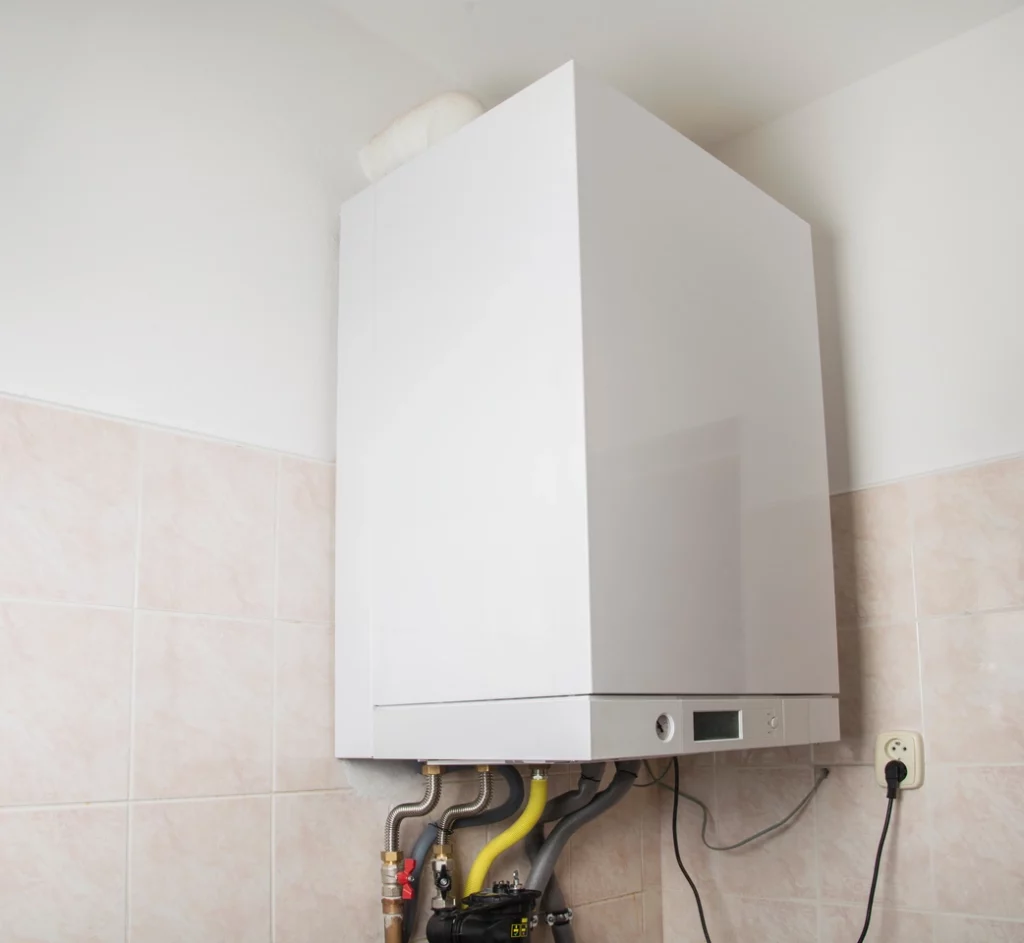
Condensing water heaters are the most efficient form of a tankless water heater. They capture the exhaust produced by the initial heat exchanger and use it to further heat the water. By reusing energy, you can look forward to lower heating costs and a steady stream of hot water.
Non-Condensing
Non-condensing water heaters rely on the heat exchanger alone to heat the water. This means that the exhaust that is used must be released outside of the home, which can require a more intense installation.
Hybrid
Hybrid water heaters make use of the hot air outside of your home to help heat your water. This makes them a hugely eco-friendly option, but not necessarily optimal for every environment.
Commercial vs. Residential Water Heaters
As we’ve previously mentioned, commercial water heaters need to be able to process a significantly larger amount of water than your average residential water heater. But how much more?
For context, an average American home with three to four people in it will typically have an 80-gallon storage tank for its water heater. For a commercial property, the heating capacity of your water heater often will depend on the type of business you have and how much water that business uses.
The beauty of a tankless electric water heater? There is no limit to the amount of hot water you can produce! This makes it an ideal choice for commercial properties of all sizes.
Pros and Cons of Tankless Water Heaters
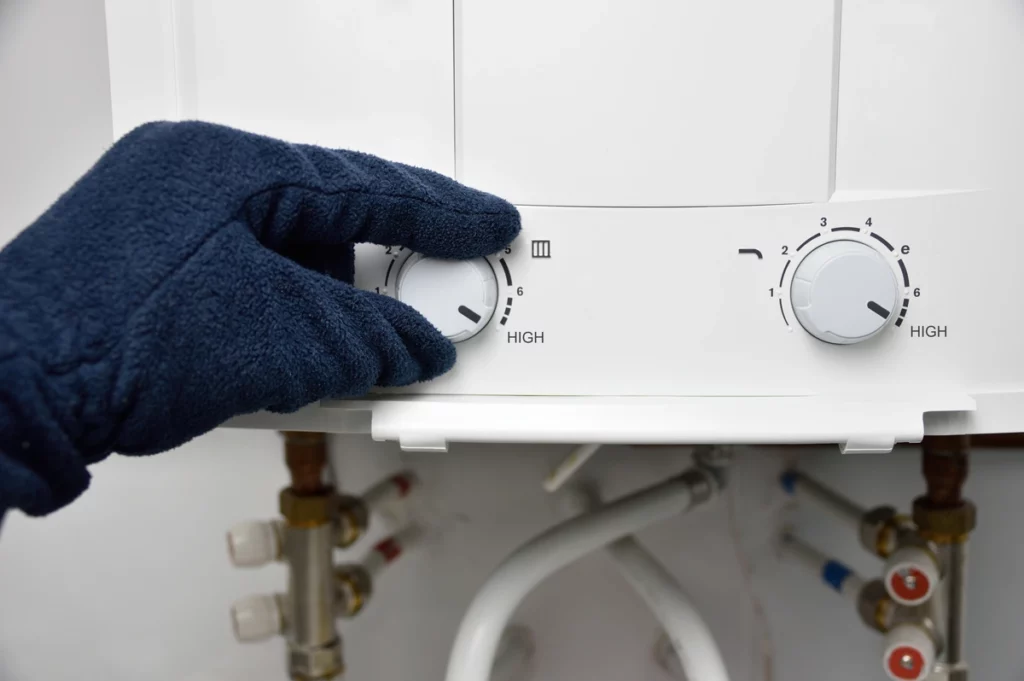
Wondering if a tankless water heater might be right for you? Here are some of the pros and cons to consider.
Pros ✅:
- Energy Efficiency – Tankless electric water heaters are significantly more energy efficient than their tank counterparts. Unlike a traditional hot water heater that has to keep heating the water 24/7, a tankless unit only heats the water when you need it.
- Space Saver – Tankless water heaters take up way less room than other models. In a commercial property, where space is at an all-time premium, this is a huge benefit.
- Low Maintenance – Tank water heaters come with regular maintenance tasks, such as draining the tank, replacing the anode rod, and adding water softeners. Not with a tankless water heater! There is virtually no maintenance required.
Cons ❌:
- Upfront Costs – We won’t lie to you. A tankless water heater will be more expensive to purchase than one with a tank. But don’t let that discourage you! Between saving on energy costs and maintenance, you may very well save money in the long run by making the switch!
How Much Does a Tankless Electric Water Heater Cost?
We know what you are thinking. How much DOES a tankless water heater cost? As we’ve previously mentioned, the cost will change depending on the needs of your specific property. However, expect to pay anywhere between $1,500-$5,000 for a new heater. When planning your budget, it is also important to factor in the cost of labor.
2 Alternatives to Tankless Water Heaters
Not convinced that tankless water heaters are right for you? There are some more traditional styles that you can consider as well.
1) Storage Style Water Heaters
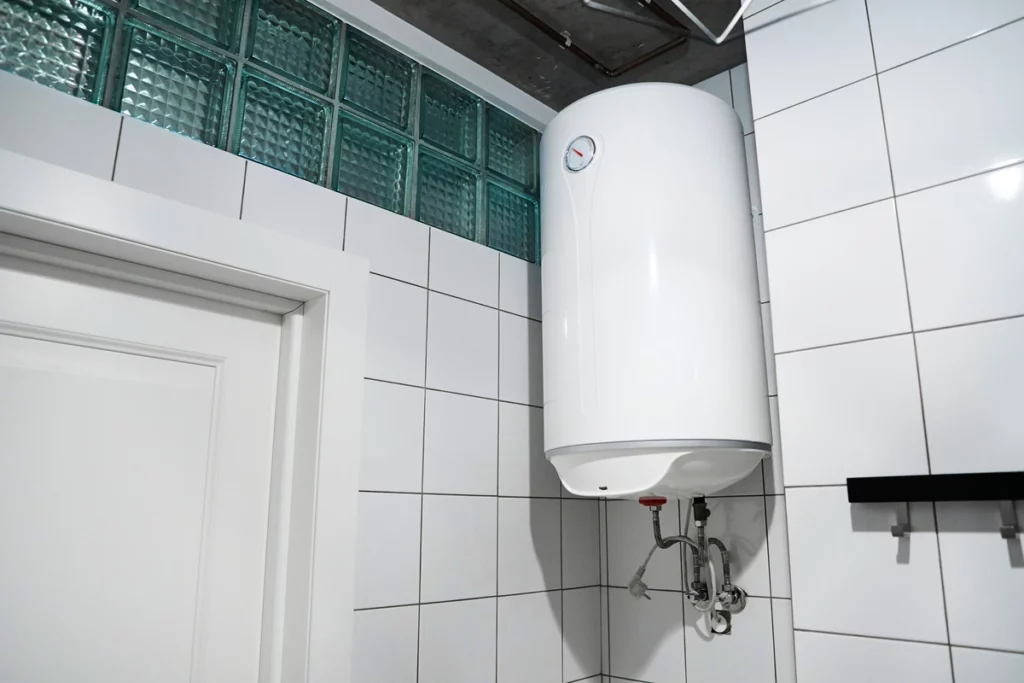
Storage-style water heaters are likely the style that you are most familiar with. These have a large tank with a heating element that heats up the water that is stored inside of it. They are reliable and much more affordable, but they do create a finite amount of hot water that you can use. For this reason, we don’t recommend them for businesses that require lots of hot water, such as hotels, salons, and gyms.
2) Hybrid Style Water Heaters
Hybrid water heaters are a combination of tank and tankless water heaters. Like a tankless unit, water is heated on demand. However, this style also stores a small amount of hot water that can be used immediately should the need arise. If you are looking for a more affordable alternative to tankless water heaters, a hybrid could be a good option.
Consult With a Plumbing Professional
Ready to find the water heater that is right for you? Let the team at Black Tie Plumbing help! From initial conversations to the final installation and beyond, our highly qualified team of plumbers is there to help you create a home that is functional and comfortable. Contact us today to get started on your new water heater journey!

